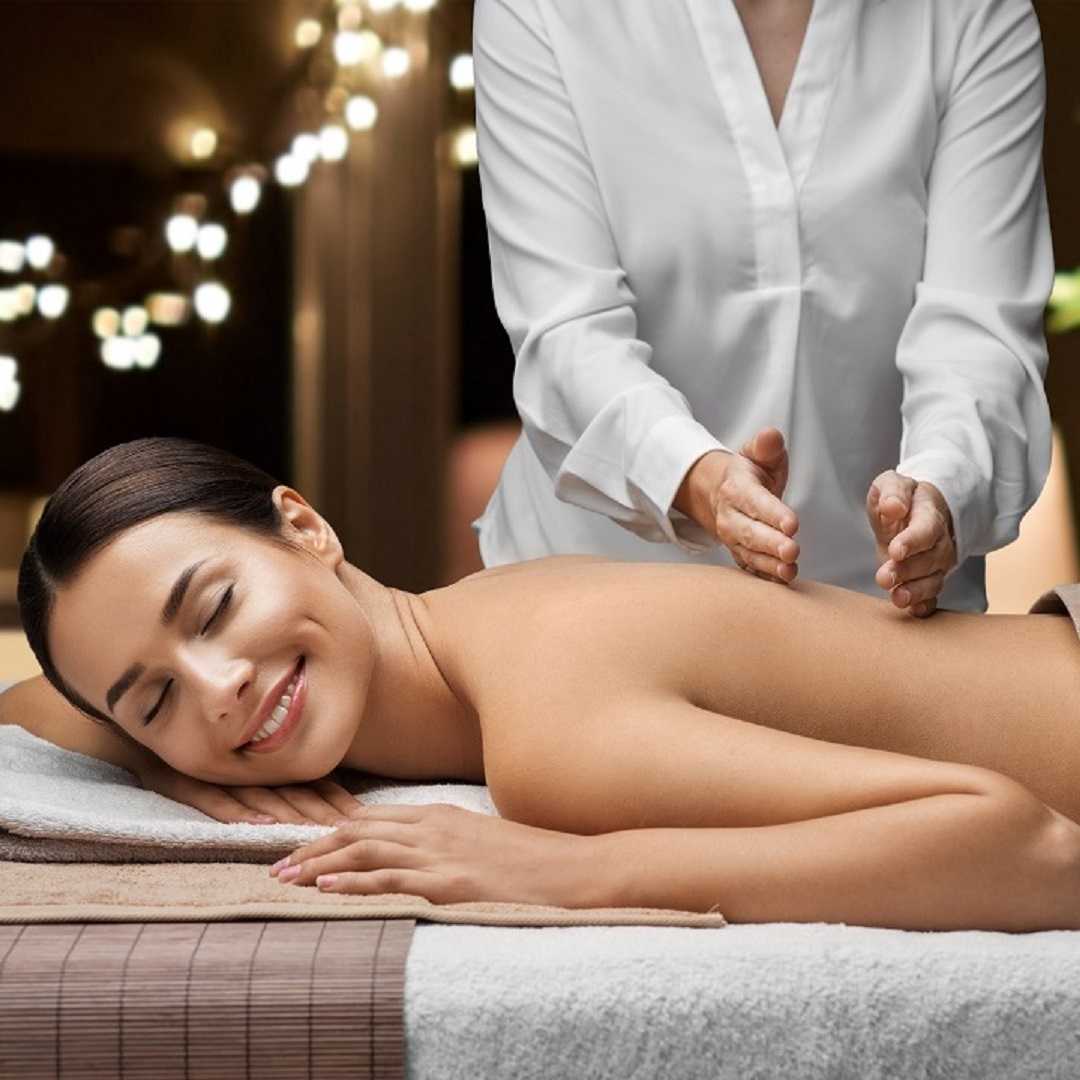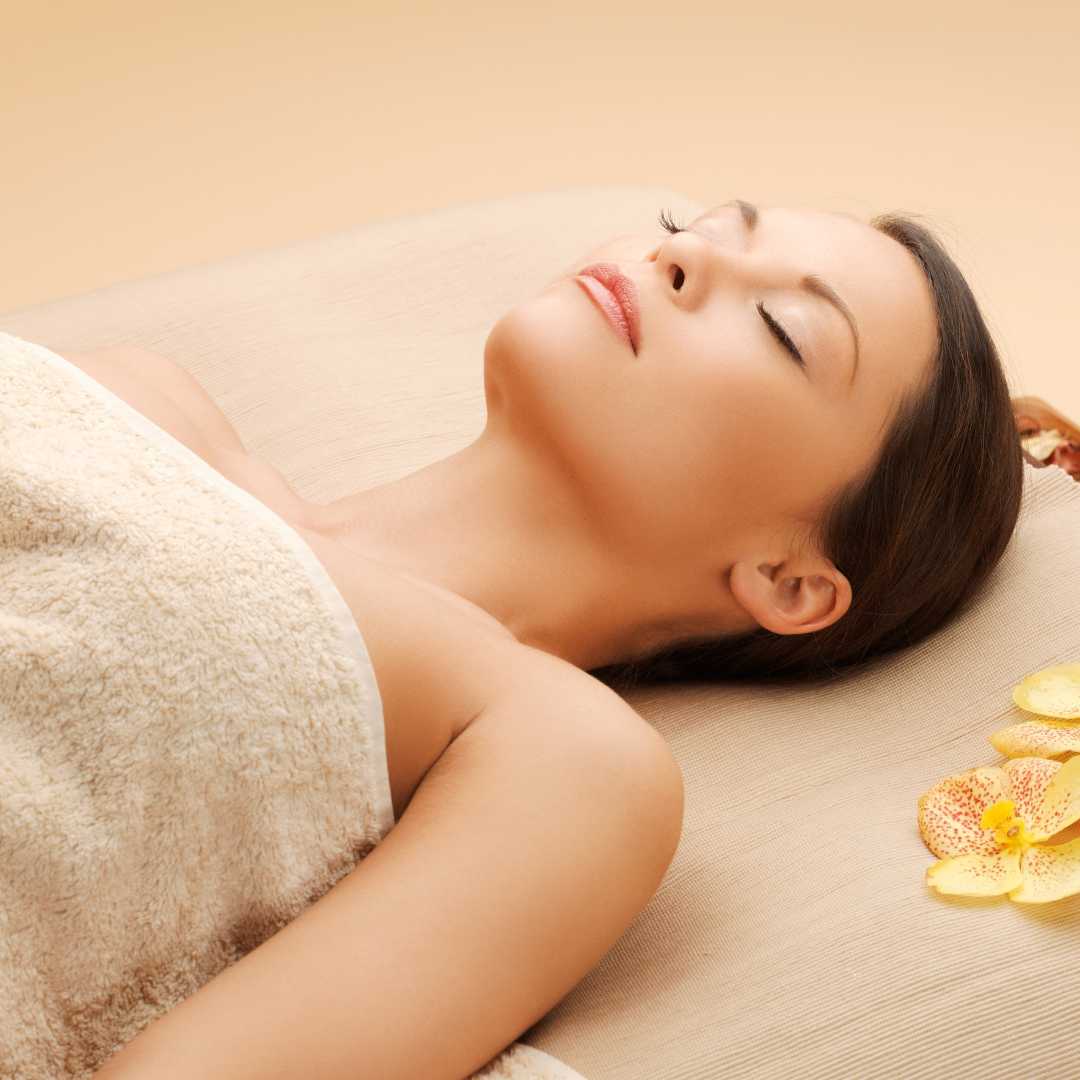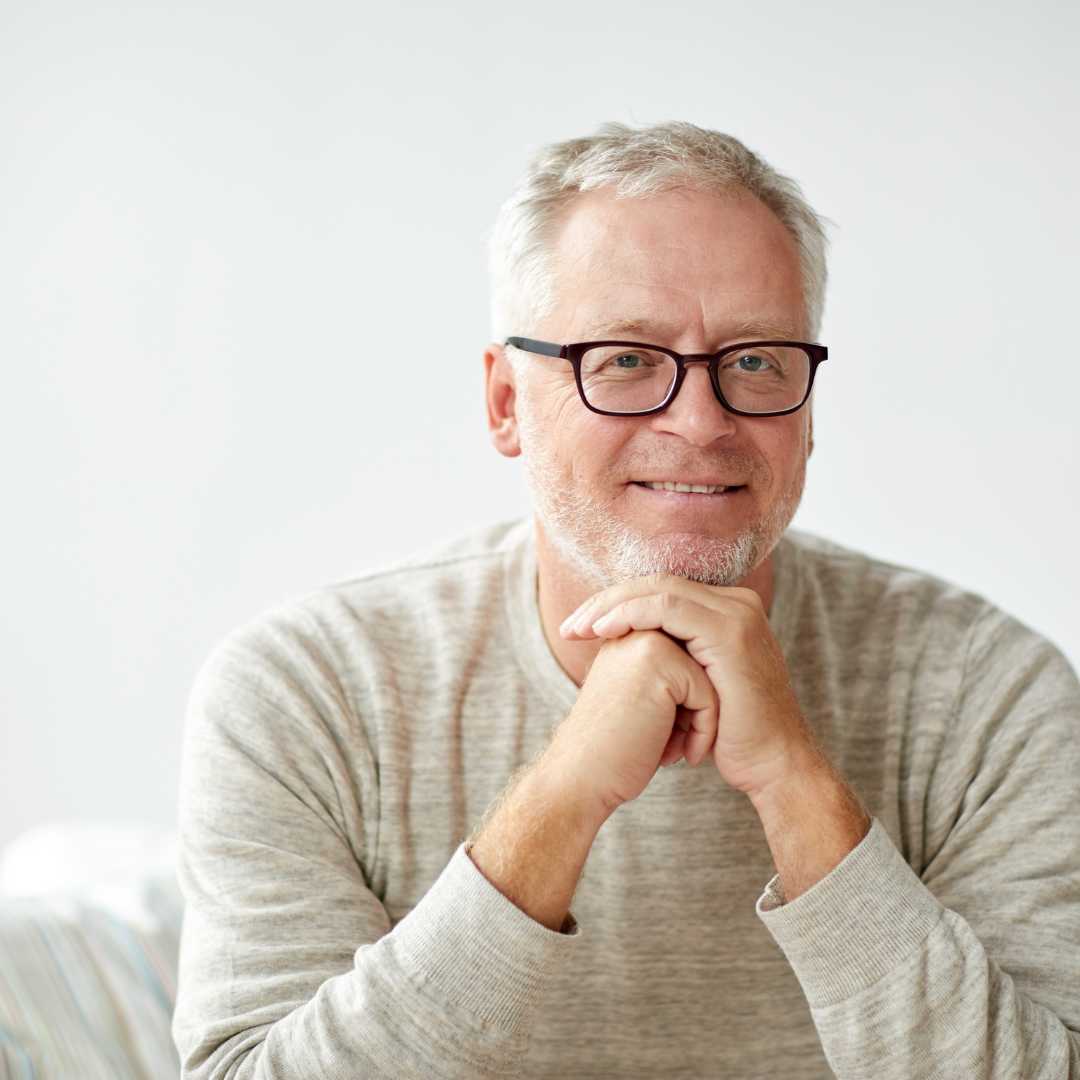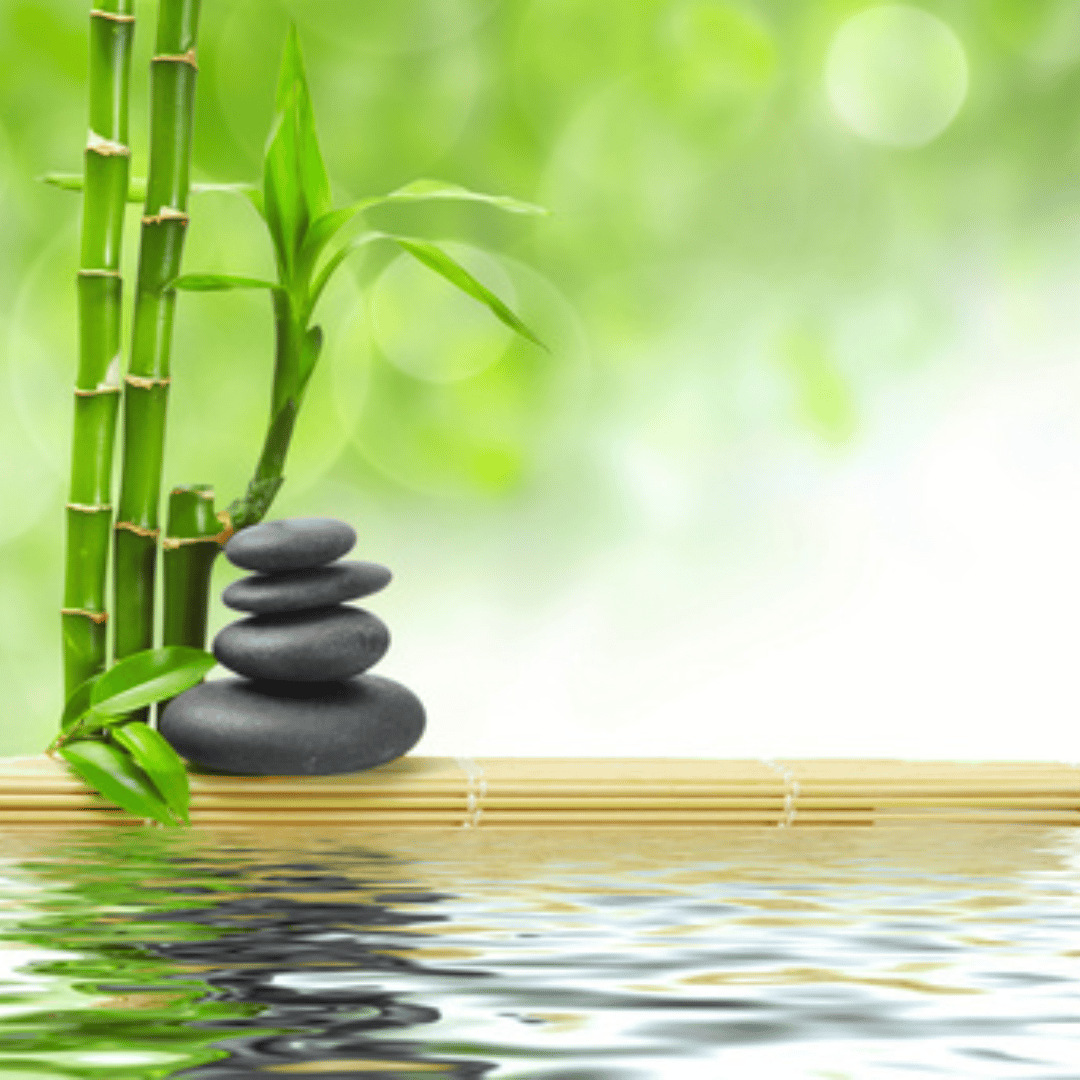.png)
Your Guide to Ayurvedic Healing Through Medical Tourism
Have you ever felt like modern medicine only masks your symptoms instead of fixing the underlying problem? You're not alone. Millions of people are turning to ancient wisdom to find lasting health and balance. At the forefront of this movement is Ayurveda, one of the world's oldest and most comprehensive "whole-body" healing systems. Originating in India over 5,000 years ago, Ayurveda is more than just a medical treatment; it's a science of life that teaches you how to live in harmony with your body and nature.
The fundamental principle of Ayurveda is achieving balance. It believes that every individual is composed of three primary life energies, or doshas: Vata, Pitta, and Kapha. When these doshas are in equilibrium, you experience health, vitality, and peace. However, factors like stress, poor diet, and environmental toxins can cause these energies to become imbalanced, leading to illness. An Ayurvedic practitioner's goal is to identify your unique constitution and imbalances to create a personalized roadmap back to health using natural therapies.
While Ayurveda is gaining popularity in the West, many people choose to travel for treatment, embarking on what is known as medical tourism. This allows them to experience authentic Ayurvedic care in its birthplace, India, or other serene destinations like Sri Lanka. Not only are the treatments more authentic, but they are also significantly more affordable. This guide will walk you through everything you need to know about pursuing Ayurvedic healing abroad.
What is Ayurveda and How Does It Work?
Imagine your body as a finely tuned instrument. Ayurveda teaches that this instrument is governed by three distinct energies, known as doshas. Vata represents the energy of movement (air and space), Pitta embodies the energy of digestion and metabolism (fire and water), and Kapha is the energy of lubrication and structure (water and earth). Every person has a unique combination of these three doshas, with one or two typically being dominant. This unique blend is your personal constitution, or Prakriti.
Illness, according to Ayurveda, arises when the delicate balance of your doshas is disturbed (known as Vikriti). A skilled Ayurvedic doctor, or Vaidya, diagnoses these imbalances through methods like pulse reading (Nadi Pariksha), tongue examination, and a detailed discussion about your health and habits. Based on this diagnosis, a customized treatment plan is designed to pacify the aggravated doshas and restore your natural state of equilibrium, allowing your body's innate healing intelligence to take over.
What are the Main Types of Ayurvedic Treatments?
Ayurvedic therapy is multi-faceted, with Panchakarma being its cornerstone. This is a comprehensive detoxification and rejuvenation program designed to cleanse the body of accumulated toxins (ama) from deep within the tissues. Panchakarma consists of five primary procedures (Vamana, Virechana, Basti, Nasya, and Raktamokshana) that are tailored to your specific needs. It's a powerful process that resets your entire system, improves digestion, and enhances vitality.
Beyond Panchakarma, treatments include:
- Herbal Medicine: Using thousands of specific herbs and complex formulations to treat the root cause of diseases.
- Abhyanga: A synchronized, warm herbal oil massage that nourishes the skin, calms the nervous system, and improves circulation.
- Shirodhara: A deeply relaxing therapy where a continuous stream of warm oil is poured over the forehead, known to alleviate stress, anxiety, and insomnia.
- Dietary Planning: A personalized food plan based on your dosha type to support digestion and healing.
- Yoga and Pranayama: Specific postures and breathing exercises to improve flexibility, calm the mind, and enhance energy flow.
What Health Conditions Can Ayurveda Treat?
Because Ayurveda focuses on treating the whole person rather than just an isolated symptom, it excels in managing complex, chronic conditions that conventional medicine often struggles with. Instead of just suppressing inflammation in an arthritic joint, for example, Ayurveda aims to identify and eliminate the root cause of the inflammation throughout the body.
Patients often seek Ayurvedic treatment for digestive complaints, as it places a strong emphasis on gut health as the foundation of overall wellness. It is also renowned for its effectiveness in treating stress-related disorders. Therapies like Shirodhara and Abhyanga, combined with meditation and yoga, work directly on calming the nervous system, offering profound and lasting relief from the pressures of modern life.
Who is a Good Candidate for Ayurvedic Treatment?
You don't have to be sick to benefit from Ayurveda. Many people turn to it for preventative healthcare and to optimize their well-being. An Ayurvedic rejuvenation program can help you de-stress, boost your immune system, and feel more energetic and focused. It's an excellent choice for anyone looking to make a proactive investment in their long-term health.
Ayurveda is also a powerful option for individuals who feel let down by conventional medicine or are concerned about the side effects of pharmaceutical drugs. If you suffer from a chronic condition and are looking for a gentle, natural, and sustainable path to healing, Ayurveda offers a hopeful and effective alternative. It empowers you with the knowledge and tools to take control of your own health.
Why Should I Travel Abroad for Ayurvedic Treatment?
While you can find Ayurvedic practitioners in many Western countries, the experience of receiving treatment in a traditional setting is unparalleled. In places like Kerala, India, Ayurveda is not just a therapy—it's a way of life. The knowledge has been passed down through generations, and the practitioners have a depth of understanding that is hard to find elsewhere. The warm, tropical climate and abundance of fresh medicinal herbs also create the perfect environment for healing.
Furthermore, traveling for treatment allows you to fully immerse yourself in the healing process. Away from the stresses of daily life, you can focus completely on your well-being. Reputable centers abroad are designed as sanctuaries of health, where everything from the food you eat to the air you breathe is part of your therapy. This holistic immersion greatly amplifies the benefits of the treatments.
Which Country is Best for Ayurveda?
Kerala is often called "The Land of Ayurveda." Its lush landscapes, monsoon-fed vegetation, and serene backwaters make it the ideal setting for healing and rejuvenation. The state has a dense concentration of highly respected Ayurvedic colleges, hospitals, and wellness centers, many of which have been practicing for centuries. The knowledge here is pure, and the practitioners are deeply committed to the traditional principles of the science.
While India is the top choice, other destinations are also emerging as excellent centers for Ayurvedic care. Sri Lanka, with its similar climate and strong tradition of herbal medicine, offers fantastic wellness retreats. Nepal also provides authentic Ayurveda in the tranquil foothills of the Himalayas. The best country for you will depend on your personal preferences, but for unparalleled authenticity, Kerala, India, remains the gold standard.
How Much Does Ayurvedic Treatment Cost Abroad?
The cost difference is one of the most compelling reasons for medical tourism. A comprehensive, residential Ayurvedic program in the U.S. or Europe can be prohibitively expensive. In India, you can receive the same (or often better) quality of care for significantly less. This price difference is due to lower operating costs and a favorable currency exchange rate, not a compromise on quality.
| Procedure | Cost in USA/Europe | Cost in India |
|---|---|---|
| 21-Day Panchakarma Detox Program | $7,000 - $15,000+ | $1,500 - $4,000 |
| One Week Rejuvenation Package | $2,500 - $5,000 | $600 - $1,500 |
How Do I Choose a Reputable Ayurvedic Clinic Abroad?
Choosing the right clinic is the most critical step in your medical tourism journey. Here's a checklist to guide you:
- Accreditation: In India, look for clinics with a "Green Leaf" or "Olive Leaf" classification from the Department of Tourism, or accreditation from the National Accreditation Board for Hospitals & Healthcare Providers (NABH).
- Qualified Doctors: Ensure the head physician holds a B.A.M.S. (Bachelor of Ayurvedic Medicine and Surgery) degree from a reputable university.
- Authenticity: The center should manufacture its own herbal oils and medicines or source them from trusted, certified suppliers.
- Transparency: The clinic should be willing to provide a detailed treatment plan and a clear breakdown of costs upfront.
- Patient Reviews: Look for detailed feedback on independent platforms. Working with a trusted medical tourism facilitator like PlacidWay can be invaluable, as we pre-vet clinics to ensure they meet the highest standards of quality and care.
What Can I Expect During an Ayurvedic Consultation?
Forget the quick, 15-minute doctor's visit you might be used to. Your first Ayurvedic consultation is a thorough investigation into your unique mind-body constitution. The Vaidya will spend considerable time getting to know you. The centerpiece of this is Nadi Pariksha, or pulse diagnosis. By placing three fingers on your wrist, an experienced practitioner can detect the balance of your doshas and identify subtle imbalances in your organs and tissues.
They will also examine your tongue, eyes, nails, and skin, as these are all windows into your internal health. This physical examination is combined with a conversation about your energy levels, sleep patterns, digestion, emotional tendencies, and life stressors. The goal is to build a complete picture of you as a person, not just a set of symptoms, to create a truly personalized and effective treatment plan.
Is Ayurveda Safe? Are There Any Side Effects?
The safety of Ayurveda lies in its natural and individualized approach. Treatments are designed to work in harmony with your body, not against it. The herbs used are time-tested, and the therapies are gentle. However, safety is directly linked to the quality of the clinic you choose. A certified center will ensure that all herbal preparations are pure, properly sourced, and free from contaminants.
During a detoxification process like Panchakarma, it is normal to experience some mild effects, such as feeling tired or emotional, as your body releases stored toxins. This is considered a part of the healing process and is carefully managed by your physician. It's crucial to follow the practitioner's guidance closely to ensure a smooth and beneficial experience.
How Long Does It Take to See Results with Ayurveda?
Ayurveda is not a "quick fix" but a process of profound, sustainable healing. The timeline for results depends on the severity and duration of your illness, as well as your commitment to the recommended plan. For a residential treatment program, a minimum of two to three weeks is generally recommended to allow your body to detoxify and begin the rejuvenation process.
You will likely notice immediate benefits in your stress levels, sleep quality, and digestion. However, the true power of Ayurveda unfolds over time. The long-term benefits are directly proportional to your ability to integrate the dietary and lifestyle advice you receive into your life back home. It's a journey, not a destination.
What Happens After My Ayurvedic Treatment Abroad?
The end of your residential treatment is just the beginning of your wellness journey. The Vaidya will provide you with a detailed discharge summary and a comprehensive plan to help you sustain the benefits. This phase, known as Rasayana (rejuvenation), is crucial for long-term success. The goal is to empower you to become your own health advocate.
This plan will include specific advice on which foods to favor and avoid, daily routines to follow (like waking times and exercise), and stress-management techniques. You will often be given a supply of herbal medicines to take for the next few months. A good medical tourism partner like PlacidWay can also facilitate follow-up communication with your Vaidya, ensuring you feel supported even after you've returned home.
Start Your Journey to Natural Healing
Ready to rediscover your body's natural balance? The ancient wisdom of Ayurveda is more accessible than ever. Let PlacidWay guide you to the world's most authentic wellness centers. Explore our curated Ayurvedic packages and book a free consultation to start your journey to holistic health today!





.png)




Share this listing